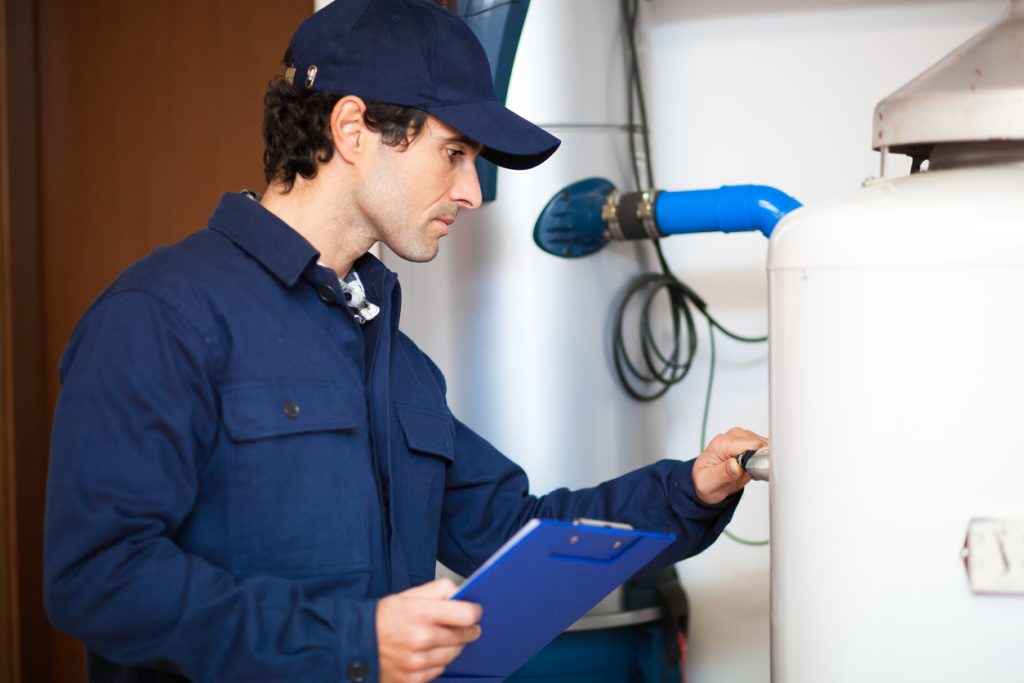As winter weather gets colder, it becomes more important than ever for you to take steps to ensure your water heater performs at an optimal level. The comfort and functionality of your home during cold weather depend on it. Winter temperatures and dampness can pose several challenges to keeping your water heater in good working order, but a few proactive measures can keep your unit functioning as it should through the winter season and beyond.
1. Regular Water Heater Maintenance
Your water heater can suffer from sediment build-up, corrosion, and other issues during winter. A regular tank flush can eliminate the chance of sediment building up and causing problems. Flushing sediment out of the tank regularly will make your water heater operate more efficiently and extend its useful life.
Additionally, check your water heater and the area around it regularly for drips, pooling water, or any other signs of leakage. Repair any leaks promptly to prevent the unit from becoming damaged. Cold weather can cause your water heater and pipes to contract, stressing connections and joints. The contraction can lead to leaks, cracks, and other issues in your water heater system.
2. Prepare for a Drop in Temperature
Colder weather means your water heater requires more energy to produce hot water. The colder the ambient air temperature, the harder the unit has to work to heat the water and maintain it at the desired temperature. You can wrap your unit in an insulating blanket, conserving heat and reducing the water heater’s energy usage. Check the thermostat on the unit and set the temperature at a moderate level that prevents it from unnecessary overheating of water and wasting energy.
3. Additional Winterizing Tips
After maintaining and insulating your water heater, you can take other steps to improve its energy efficiency. Insulate pipes that connect to the water heater so that they do not freeze or transfer cold temperatures to the unit by installing insulation around the pipes.
If your water heater is inside a cabinet, you can open the doors and allow warm air to circulate around the unit. This measure can also protect the water heater and connecting pipes from freezing. During extremely cold weather, unprotected pipes can freeze and expand, which can cause them to burst and damage the water heater.
4. Make Safety a Priority
Your water heater has a pressure-release valve, which should be tested periodically to ensure it moderates and releases pressure properly. Additionally, having your water heater inspected yearly by a qualified plumber can identify any issues and make repairs before they worsen.
Implementing these tips into your winter home maintenance routine allows you to safeguard and get the most out of your water heater. Prepping the unit for winter weather is an investment in your water heater’s efficient performance and longevity. If you reside in or around Yuma, AZ and want to schedule a water heater inspection, call the professional plumbers at PHD Plumbing today!

